On 8th June, our CEO Bruce Bratley took to the stage at the BPMA Sustainability Conference. As an industry leader in recycling and waste management, Bruce spoke to guests about the possibilities, necessary actions, and the critical role it plays in achieving a sustainable future by lowering global greenhouse gas emissions.
At First Mile we always strive to be at the forefront of sustainability. Here are some of our favourite stats from 2023 so far:
- For every £1 spent with First Mile, our customers save an average of 2KG of CO2
- We have 30,000 satisfied customers, with over 200 new customers joining us every week
- Our ultra-low or zero-emission fleet enables us to make 5 million collections each year
- We boast an impressive 99.9% collection success rate, ensuring efficient waste management
Recycling promotional materials: Key points from the conference
Understanding the climate emergency
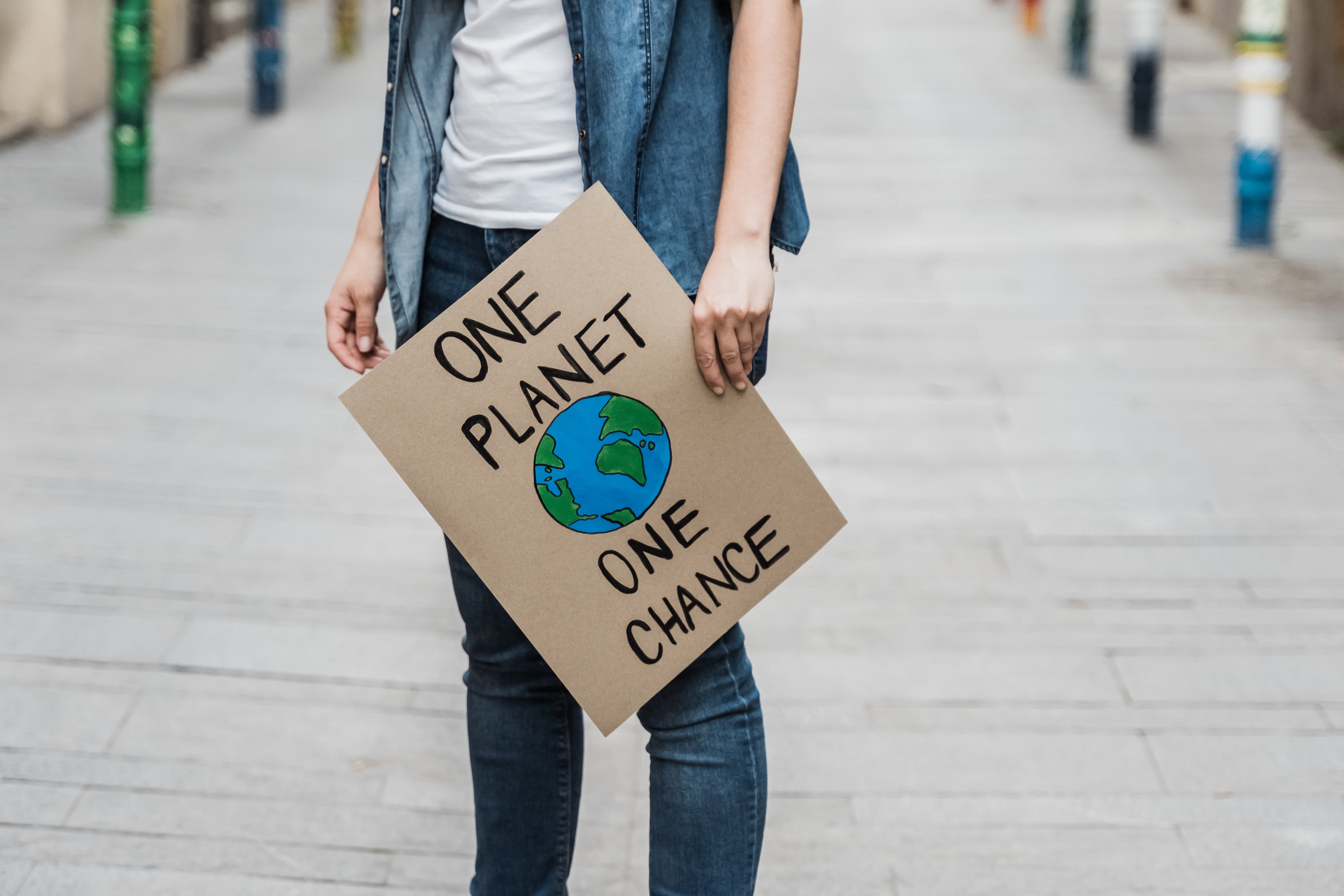
Understanding the urgency of climate change is paramount to the future of the planet. The global average surface temperature and the significance of limiting global warming to 1.5 degrees Celsius is more important than ever.
Wasted resources
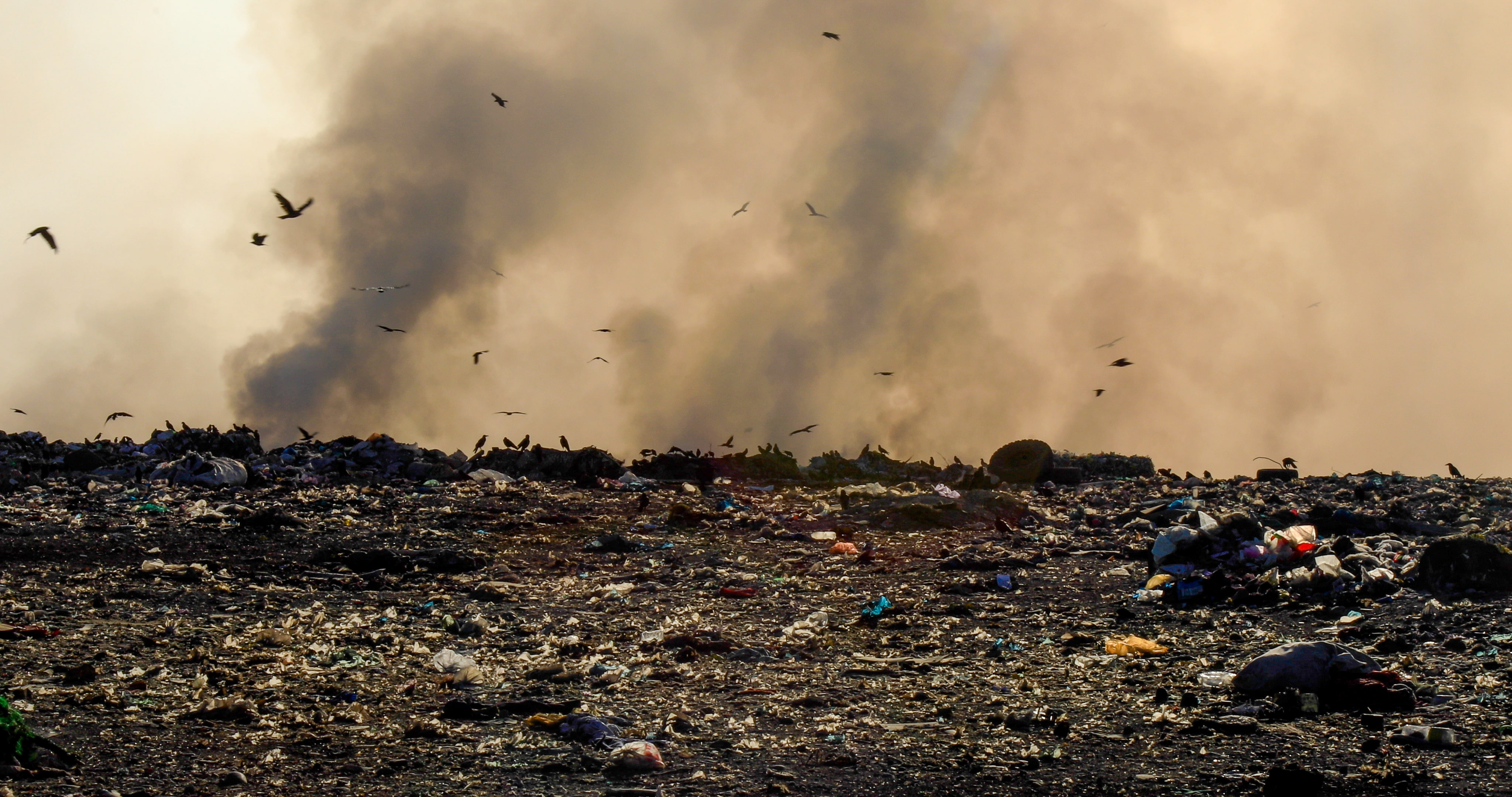
The UK generates a staggering 220 million tonnes of waste annually, with less than half being recycled. This waste stands as one of the leading sources of greenhouse gas emissions in the country.
Virgin resource extraction contributes to 80% of biodiversity loss and 53% of global greenhouse gas emissions, as reported by the UN. It’s crucial to address these issues by implementing effective recycling strategies for promotional merchandise.
Understanding customer demands

Customers increasingly desire green products but often face confusion amidst a myriad of options. Bruce explored the challenges businesses face in meeting these demands while ensuring sustainability in the promotional merchandise industry.
Moving from a linear model
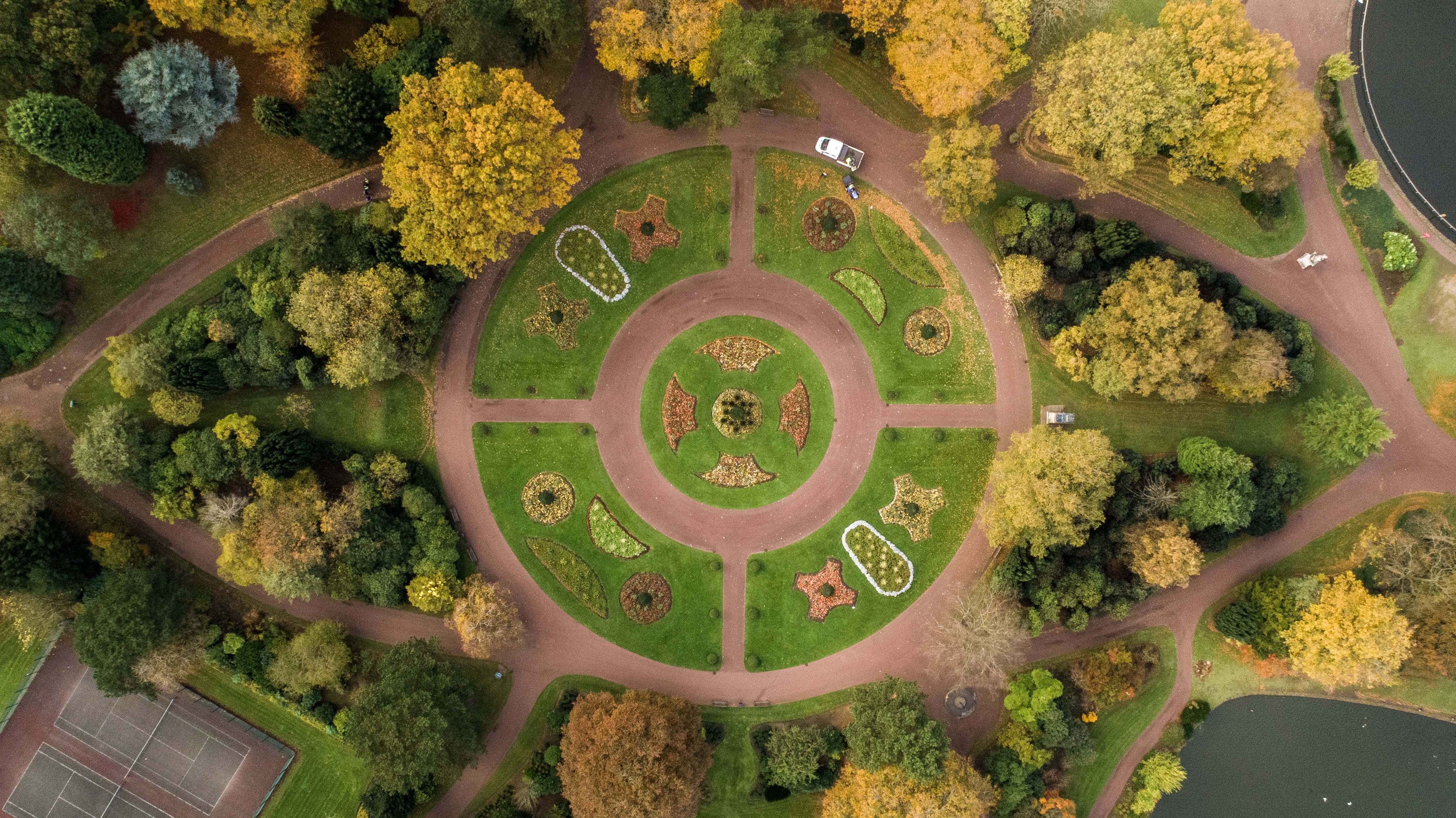
Transitioning from a linear economy to a recycling economy is a pivotal step, where the eventual goal should be achieving a circular economy.
During this section, Bruce shed the light on the importance of end-of-life merchandise strategies and the ban on certain products and materials such as plastic cutlery, packaging, straws, cotton buds, and plastic bags.
While some end-of-life products may be challenging to recycle, avoiding landfill should remain a top priority. At First Mile, we incinerate General Waste with energy recovery as a more environmentally preferable alternative.
Avoiding waste

Businesses must adopt proactive measures to avoid waste. This includes responding to government bans on specific products by accepting, resisting, or redesigning them.
Minimising material use in product design, exploring reuse systems, and embracing new business models like products as a service, rental, hire, and repair are essential steps towards sustainability.
Reuse
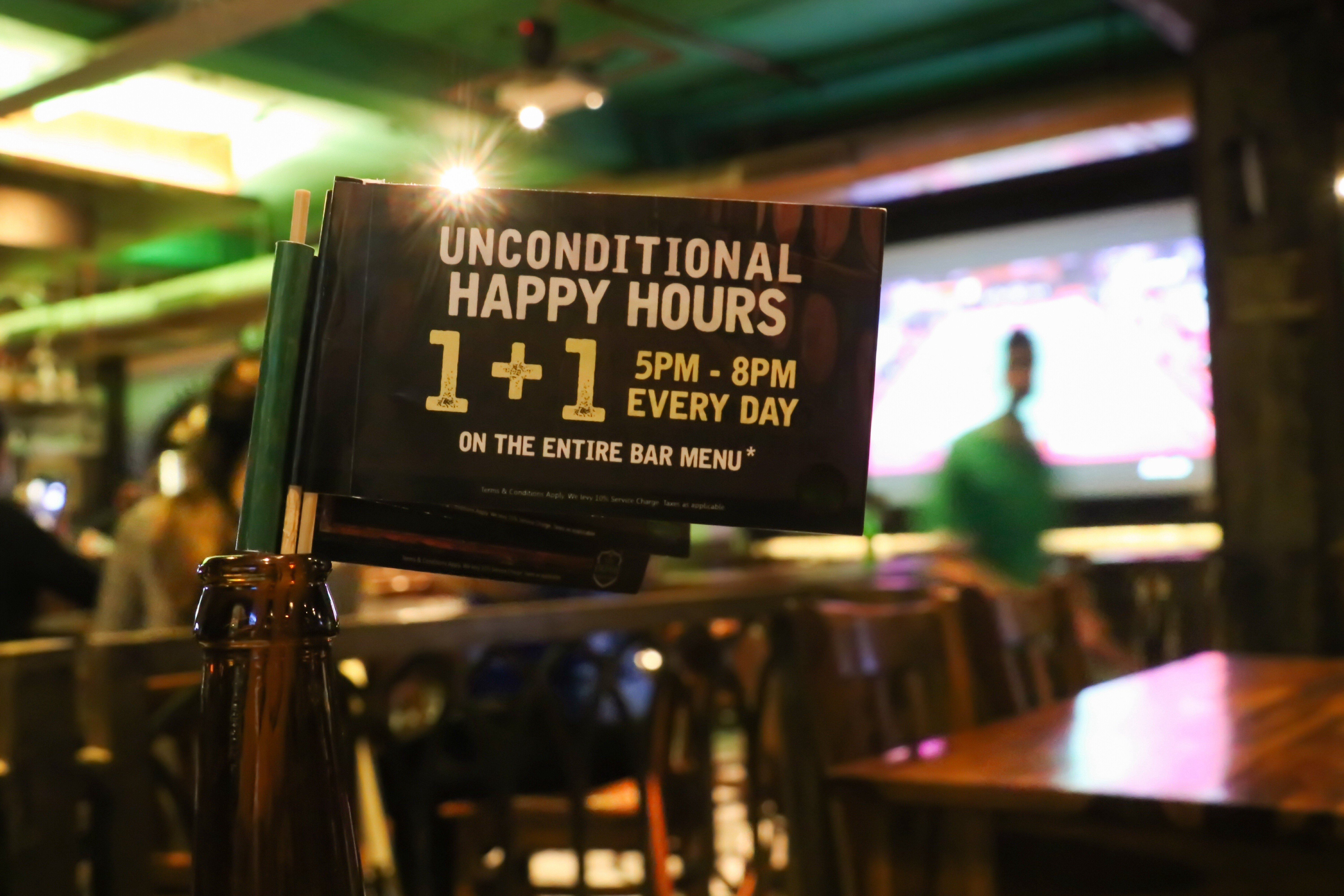
Reusing promotional merchandise presents a massive opportunity to promote positive environmental outcomes. It benefits both customers and businesses by encouraging repeat promotions and extending customer touchpoints.
Incorporating more recycled materials into products can enhance their robustness and eco-friendliness.
Assessing environmental impact

Ensuring the integrity of recycling efforts involves evaluating the entire life cycle of a product. This includes scrutinising the green claims of materials like bio-plastics and tote bags.
Overcoming recycling challenges
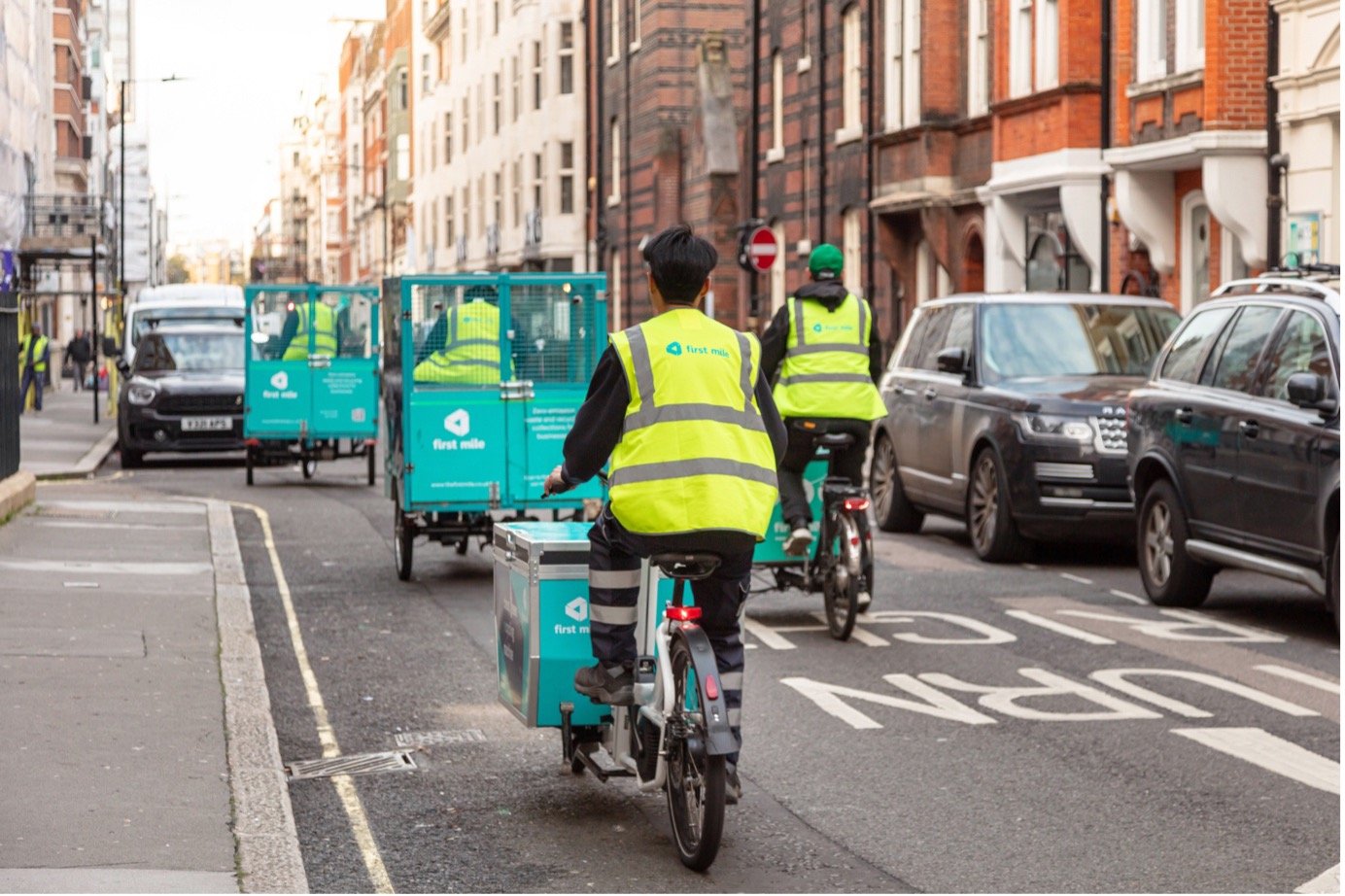
Recycling promotional merchandise faces various challenges, including supply chain complexities and the recycling of complex products such as pens and lanyards.
Pens, for example, are made of many different materials, making them difficult to recycle. Using a specialist recycling stream such as First Mile's Stationery Recycling ensures old pens are repurposed or recycled, and nothing goes to landfill.
The potential lies in making products easily recyclable using permanent materials, promoting return and recycle initiatives, and fostering an understanding of materials and supply chains.
How First Mile can help
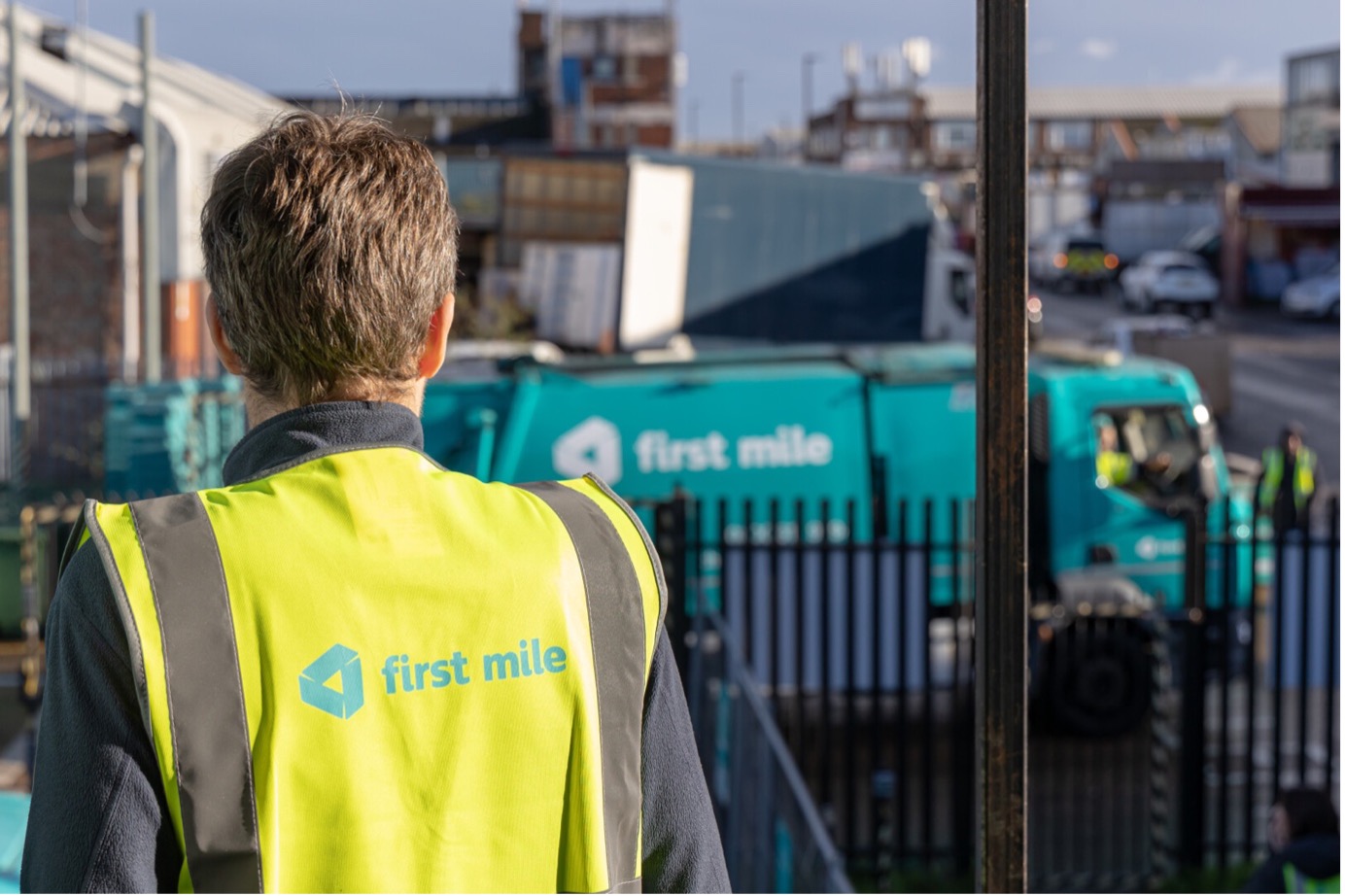
Using our range of recycling and circular economy services will help your business reach its sustainable development goals by ensuring that none of your unwanted material goes to landfill. What isn’t recycled is incinerated and turned into renewable energy.
This way you can ensure low carbon emissions and greater environmental sustainability within your organisation. Contact us today and get a quote in minutes.



